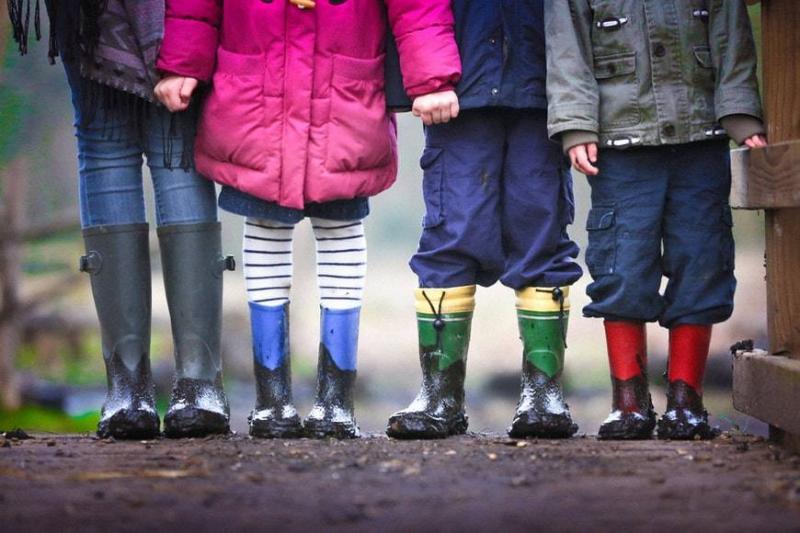A recent study has warned of the health and psychological risks faced by children and adolescents due to their consumption of energy drinks. The British study revealed that one in three children in the United Kingdom regularly drink energy drinks, noting that up to 32 percent consume them at least once a week, labeling them as "harmful."
The study, published in the British Medical Journal, cautioned that frequent consumption (5 cans or more a week) is linked to poor mental and physical health. Researchers from the University of York warned that young energy drink enthusiasts are more likely to suffer from headaches, sleep problems, irritability, and school exclusion. They also have an increased likelihood of drinking alcohol and smoking by consuming caffeinated beverages, according to the study, which analyzed data from thousands of schoolchildren and gathered evidence from around the world.
A single can of energy drink contains the same amount of caffeine found in a shot of espresso, along with other ingredients like guarana and taurine. It is recommended that adults consume a moderate amount of caffeine daily, up to 400 mg, but there is little research on the levels that are safe for adolescents and children. Additionally, one can of the drink contains more than the daily recommended limit of added sugar for children set by the UK's National Health Service, which is 19-24 grams per day, depending on age.
The lead researcher of the study, Claire Kuga, stated, "While more research is needed to track the effects of energy drinks on children who consume them, our research has revealed consistent evidence of links between regular consumption of these drinks and harmful effects on children's overall health." She added, "Our study also suggests that children who are more aware of the contents of energy drinks consume less, indicating that an educational campaign or clearer warnings on the packaging could reduce consumption."




